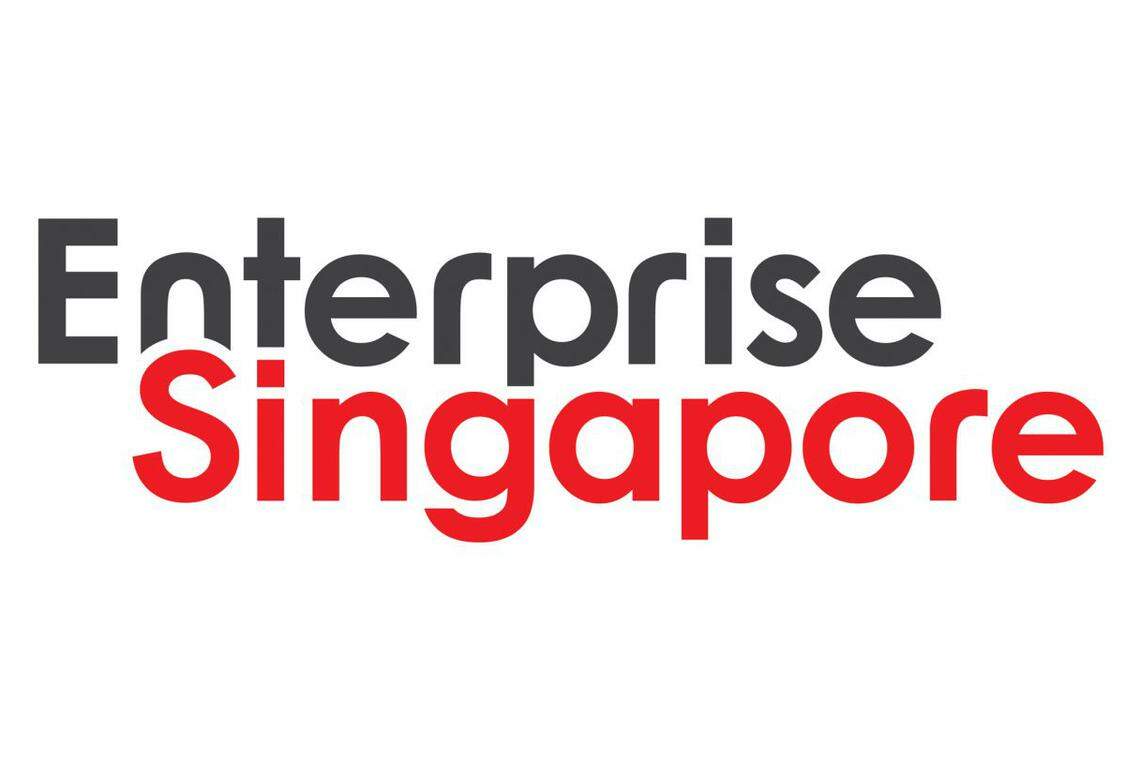Transforming print with innovation
As the print industry evolves, local company Markono strives to stay ahead with an innovation approach to business
Survival is the name of the game in the printing industry, which has its roots in traditional publishing, physical books, and all things paper. That is why players in the market have evolved, and Markono Content Solutions Group is no exception.
From printing business cards and stationery in 1967, Markono now offers multinational publishers on-demand printing, supply chain services, and IT and digital services.
Managing director Edwin Ng tells The Business Times: "Bookstores are closing because the supply chains are changing. It's not a book-related problem, but retail-related. People buy books online now; there's still reasonable growth. So we refocused on our strength in digital printing."
In fact, just before meeting The Business Times, Mr Ng was discussing how Markono, which has more than 250 employees, should "upgrade our systems for the future", with director of corporate innovation Benjamin Koh.
In Mr Ng's first five years since joining Markono in 2008, he focused on transforming the business through automation and process innovation. He later joined the Business Excellence (BE) initiative, administered by Enterprise Singapore to give companies an external perspective of their business strengths and gaps.
He says: "The BE Framework was one of the foundations that helped us transform the business in a more structured manner, and sharpened our focus. We wanted an external party's evaluation, in terms of how we run our business, and the maturity of our processes.
"This helps us to view the business through a different lens. We also wanted to benchmark ourselves within the industry, and adopt best practices of well-run companies beyond printing companies."
Under the first BE assessment, Markono learnt it needed to internally align its business strategy with a clear vision, mission and core values.
Mr Ng says: "Our business was in the process of transforming to become relevant. At that time, we were transitioning from offset printing to growing our digital printing - on-demand, IT-enabled - business, venturing into supply chain services for our customers."
He was clear about Markono's digital printing business strategy, but realised articulating it required work, thanks to the assessment. "We needed to return to the basics. With our managers, we brainstormed over the company's vision and mission. We decided our role to publishers is to distribute content to their end-customers. We wanted to focus on customers that provide high-value content such as academic and higher-education publishers, and medical device manufacturers."
With that focus in mind, Mr Koh spearheaded the company's excellence journey. He recalls: "In the beginning, it was challenging trying to get information from the different departments and drawing out the practices which they have that are not visible."
After the first assessment, the gaps were stark. Thus, systematic processes were used to execute Markono's business strategy. This led to better digital content management and better understanding of their customers' pain points.
During the BE journey, Markono moved to Pioneer Crescent in end-2016, and started its supply chain distribution capabilities. It new facility M-Cube was built for advanced book manufacturing and automated warehousing.
In the last three years, Markono spent some $50 million on the M-Cube and innovation. This includes machinery with advanced technology, modern equipment for print and warehousing such as automated robots that transport books from floor to floor, and IT infrastructure and services.
Mr Ng adds that with Markono's new capabilities, Markono reached a double-digit percentage in revenue growth for the 2017-2018 financial year, and the 2019 financial year-to-date, "through new customers and doing more for existing customers in the areas of supply chain management and digital print on demand". He adds: "For certain processes, manpower productivity has increased by 10 to 30 per cent".
In 2018, its IT arm Moonshot Innovations was born. It is headed by Mr Koh, who oversees a team of almost 20 people. The unit came about because external vendors were unable to meet Markono's technology and software needs.
"A lot of them don't understand our business. We now create our own solutions and software, which are workflow-related, supply chain-related or about business intelligence and integration. We are also looking into using data to make better decisions, reduce costs, and streamline things," says Mr Ng.
One of Markono's proprietary products includes its eMotion portal, which the company has been working on since 2015.
Mr Koh notes: "We built a portal for our overseas customers to access real-time information, check orders and statuses, and generate reports anytime, anywhere. It's all connected to our different systems, and now we're building on it to provide more insight on things like processing time."
eMotion facilitates some of its customers' operations, raising operational productivity. For instance, clients no longer have to wait 12 to 24 hours to find out inventory levels from Markono.
"Using eMotion also enables them to generate print expenditure or print quantity reports which they can use for their analysis, and it displays their print patterns visually for easy analysis," adds Mr Koh.
Other Moonshot Innovations projects involve smart factories, customer integration and project management, internal automation, digital asset management, and dashboards for business intelligence. These new ideas were formed while using the framework as a "distance marker" to keep Markono on track as the business continues to evolve.
Besides assisting Markono in sharpening its business focus and values, the framework also helped the company identify gaps in employee engagement and business processes.
Mr Ng says: "We enhanced our HR team, and improved on employee feedback. Another important outcome from the BE assessment was refining our appraisal process to ensure our employees' actions are aligned with our core values. It's important to have a comprehensive business strategy - which includes focusing on publishers that provide high-value content - that is well-communicated throughout the company."
To do that, Markono recently held a townhall as it was necessary for employee motivation, "to know what they are doing makes a difference".
Looking back, Mr Ng says: "If we didn't change, evolve, and invest, we would be irrelevant now; struggling to survive. People think printing is a sunset industry. What they don't realise is the amount of investment we've made, and the level of sophistication we have - for instance, in back-end automation - that drives our business beyond the hardware."
This article is brought to you by


Click here to find out more about the BE initiative.
BT is now on Telegram!
For daily updates on weekdays and specially selected content for the weekend. Subscribe to t.me/BizTimes
SMEs
Sun rising for Singapore businesses breaking into Japan market
One in three Singapore SMEs expect AI to replace or take over jobs: survey
Fintech KPay aims to triple Singapore merchant base, double local workforce
Singapore SMEs in contractionary mode for fifth straight quarter: OCBC
B2K’s second-generation leaders paw a new path in pet products
Finding a growth vector with digital solutions
